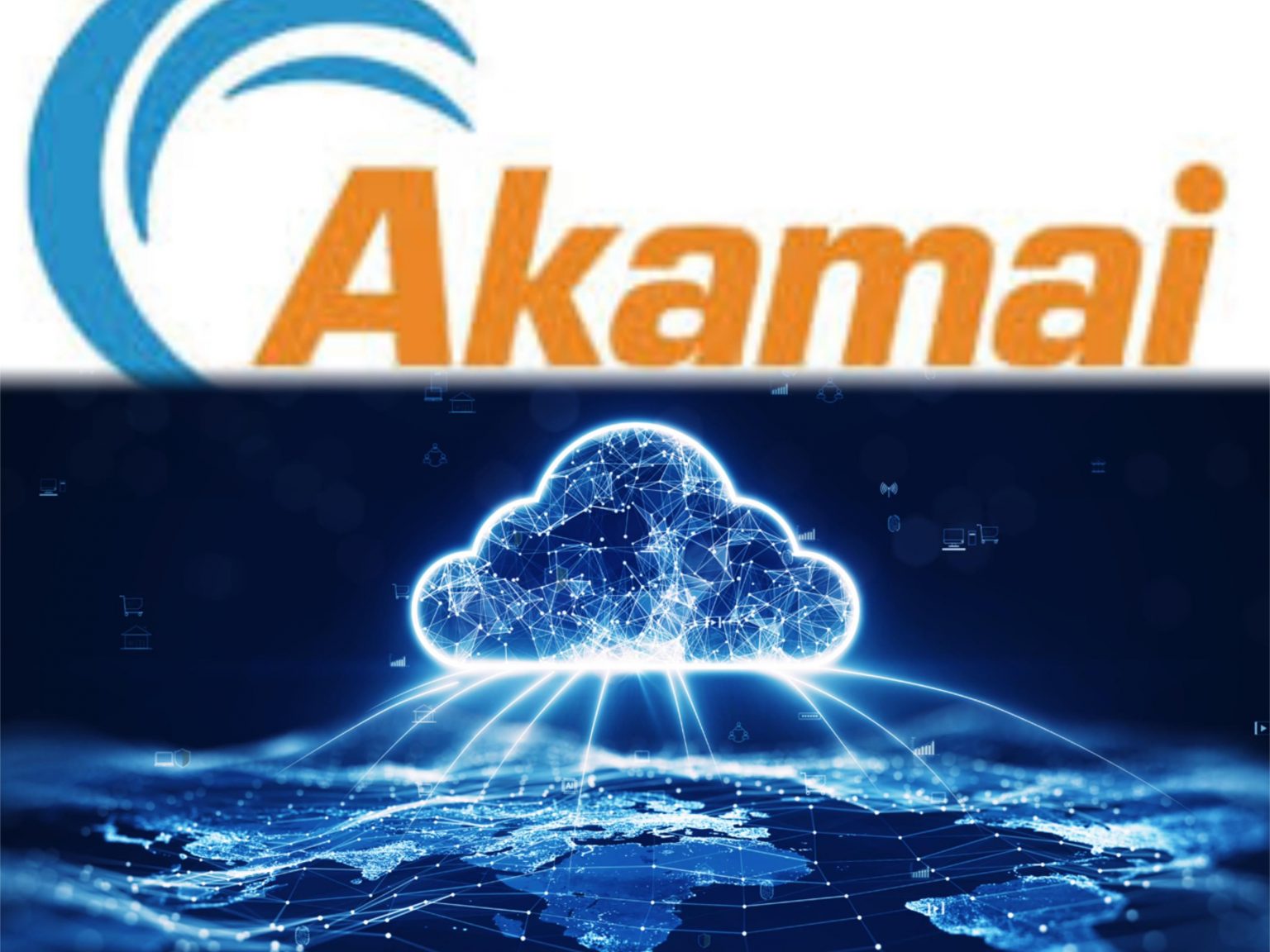- Object storage provides scalable storage for unstructured data, while block storage offers high-performance storage for critical applications.
- Networking infrastructure includes virtual networks, load balancing, and a Content Delivery Network (CDN) for fast content delivery.
- Security measures include DDoS protection, Web Application Firewall (WAF), encryption techniques, access controls, and compliance with industry standards.
Akamai Connected Cloud is a cloud platform by Akamai Technologies, designed to provide a scalable, secure, and reliable infrastructure for delivering digital content, applications, and services globally. It is built on Akamai’s Intelligent Edge Platform, spanning over 4,000 locations in over 130 countries. The platform offers content delivery and acceleration services, robust security features, cloud computing resources, edge computing and IoT capabilities, API management and integration services, and comprehensive analytics and insights capabilities. By leveraging Akamai Connected Cloud, organizations can enhance digital experiences, improve application performance, strengthen security, and scale their infrastructure to meet the demands of the modern digital landscape.
Core cloud computing capabilities
Akamai Connected Cloud offers a comprehensive suite of core cloud computing capabilities, including virtual machines (VMs), containers, serverless computing, object storage, block storage, shared file systems, and networking infrastructure. VMs offer flexible CPU and memory configurations, support for various operating systems, and enable a microservices architecture. Containers simplify the management and scaling of containerised workloads, while serverless computing allows for event-driven, stateless code execution without managing the underlying infrastructure.
Object storage provides scalable and durable storage for unstructured data, while block storage offers high-performance storage for mission-critical applications and databases. File storage offers network-attached file systems for collaboration and shared access to data across applications and workloads. Networking infrastructure includes virtual networks for isolated and secure network environments, load balancing for high availability and scalability, and a Content Delivery Network (CDN) for fast, reliable content delivery.
These core cloud computing capabilities provide a comprehensive understanding of the compute, storage, and networking infrastructure offered by Akamai Connected Cloud. By leveraging the edge network for fast, reliable content delivery, Akamai Connected Cloud can significantly improve performance and the user experience for web applications, media streaming, and other content-heavy workloads.
Edge computing integration
Akamai Connected Cloud is a cloud computing platform that integrates edge computing with its global network of edge locations. This global network allows for computing resources to be closer to end-users, reducing latency and improving responsiveness. The edge network is designed with redundancy and fault tolerance, ensuring resilience in the face of network disruptions and outages.
The Akamai Connected Cloud seamlessly integrates with edge and cloud resources, allowing customers to deploy hybrid and multi-cloud architectures. The edge network also provides distributed data processing and storage, reducing the need to constantly fetch data from central cloud resources. The edge network optimises web content, media, and applications, improving the user experience and reducing latency.

Advantages of edge computing include reduced latency, bandwidth optimisation, improved reliability and resilience, and data sovereignty and compliance. The Akamai Connected Cloud leverages the company’s global edge network to provide low-latency, bandwidth-optimised, and resilient computing capabilities closer to end-users while also addressing data sovereignty and compliance requirements.
Security and compliance
Akamai Connected Cloud offers comprehensive security measures, including a multi-layered approach, distributed denial-of-service (DDoS) protection, and a Web Application Firewall (WAF). The platform is designed to handle large-scale DDoS threats and ensure service availability and business continuity. Akamai’s compliance and regulatory adherence ensure alignment with industry standards and regulations, including PCI DSS, HIPAA, and GDPR.
Data privacy and sovereignty are also ensured through global infrastructure and edge computing capabilities. Akamai’s robust encryption techniques protect data at rest and in transit, while advanced access controls and identity management control access to sensitive data. The platform’s dedicated security team and researchers continuously monitor and address emerging threats, ensuring the platform remains secure and up-to-date. Akamai also provides customers with visibility into security incidents and vulnerabilities, fostering transparency and trust.
Also read: 12 top IoT integrators: Pioneers in a connected future
Benefits of Akamai connected cloud
The Akamai Connected Cloud offers several benefits, including improved performance and reliability, enhanced security and compliance, scalability and flexibility, cost optimisation and efficiency, and an improved user experience. It features a global network of high-performance edge servers, intelligent traffic routing and load balancing, caching and content optimisation, comprehensive security measures, secure data handling, elastic and on-demand scalability, adaptable and customisable solutions, cost optimisation and efficiency, and faster content and application delivery.
Additionally, Akamai provides cost optimisation and efficiency by offloading infrastructure and maintenance responsibilities to Akamai, optimising resource utilisation, and providing granular usage monitoring and cost visibility. The cloud also offers faster content delivery, reduced latency, and a seamless user experience across devices and locations.
Use cases and applications
Akamai Connected Cloud offers various use cases and applications, including web and mobile content delivery, media and entertainment, download and software distribution, e-commerce and online retail, enterprise applications and APIs, and Internet of Things (IoT) and edge computing. These use cases involve optimising web and mobile content delivery, delivering high-quality, low-latency video and audio streaming, accelerating large file downloads, optimising the shopping experience, handling peak traffic and sales events, accelerating cloud-based business applications, ensuring secure access to critical business tools, and optimising API-driven integrations and microservices.
Also read: Deep learning AI enhanced by MIT-born Akamai and Neural Magic
The cloud-based business applications can be delivered faster and more securely, while the API-driven integrations can be optimised for seamless data exchange between systems. The internet of things (IoT) and edge computing enable secure communication between IoT devices and cloud platforms, real-time data processing, and distributed edge applications. These use cases provide a deeper understanding of how Akamai Connected Cloud can be leveraged to address specific needs and challenges within each identified use case and application.
Deployment and integration
Akamai offers various deployment and integration options for its Akamai Connected Cloud. These include cloud-based deployment, which is fully managed by Akamai, allowing customers to quickly provision and scale services without managing the underlying platform. Hybrid deployment allows customers to combine Akamai’s cloud-based services with their own on-premises infrastructure, enabling seamless integration with existing IT environments. On-premises deployment allows customers to deploy Akamai’s software and services directly within their data centres, providing greater control and customisation.
API-driven integration allows customers to integrate Akamai’s services into their existing applications and workflows. Akamai also provides SDK and library support for popular programming languages and frameworks, simplifying the integration process. Akamai has established partnerships with leading cloud providers, CDNs, and technology vendors, ensuring seamless integration with third-party platforms. Deployment assistance and support include professional services, training resources, and managed services. These services provide a reliable and high-quality service experience for customers.

